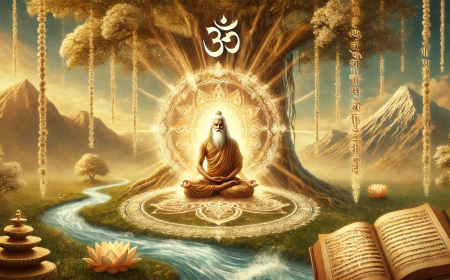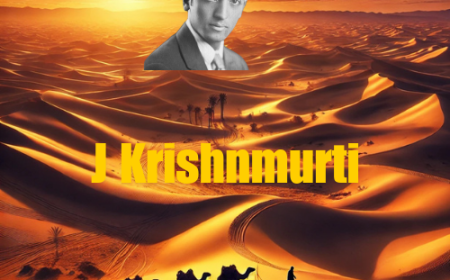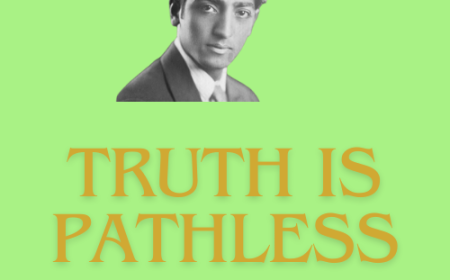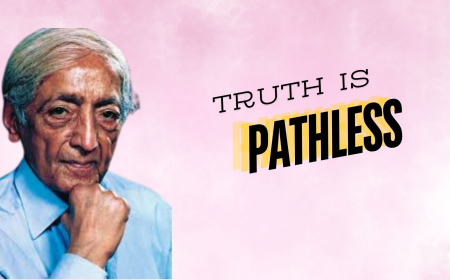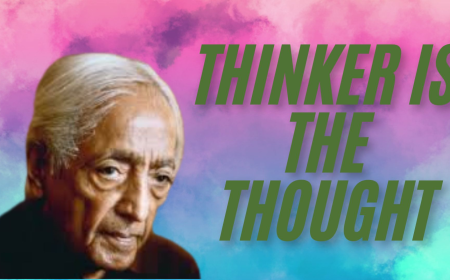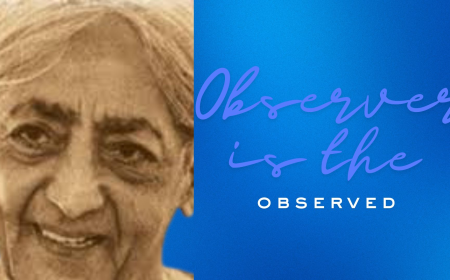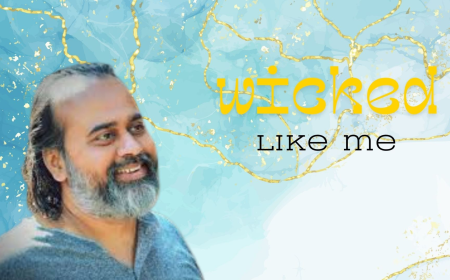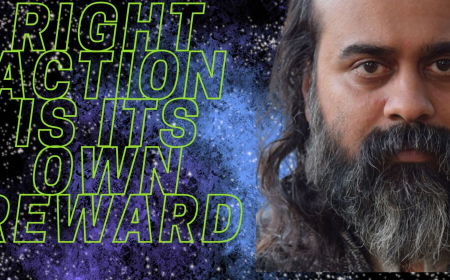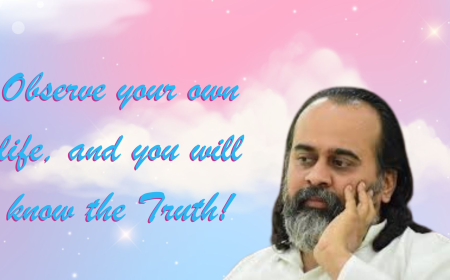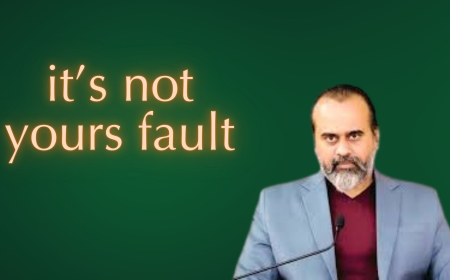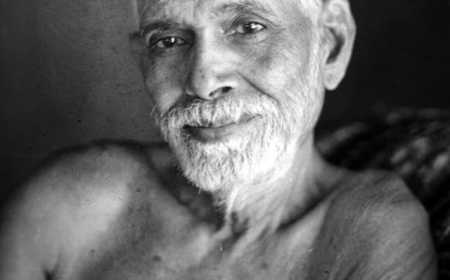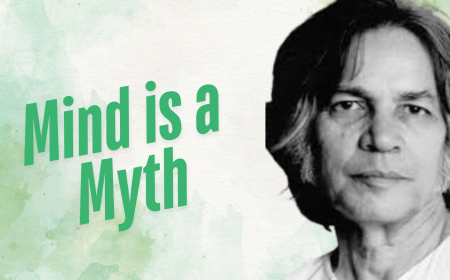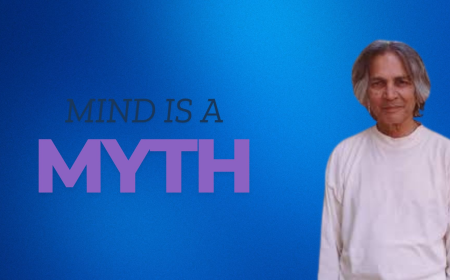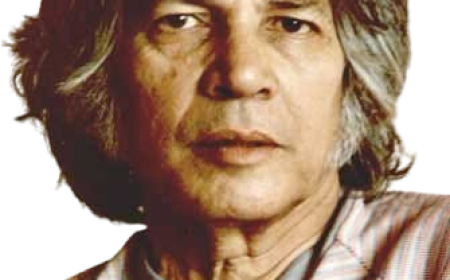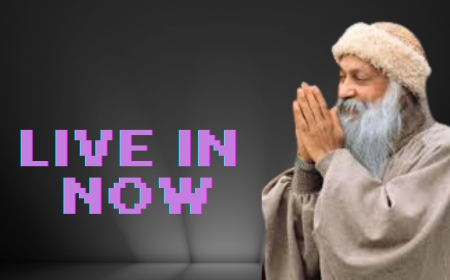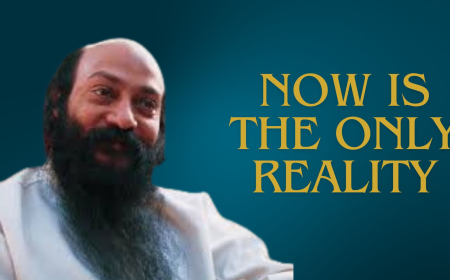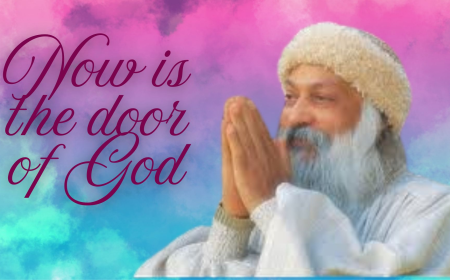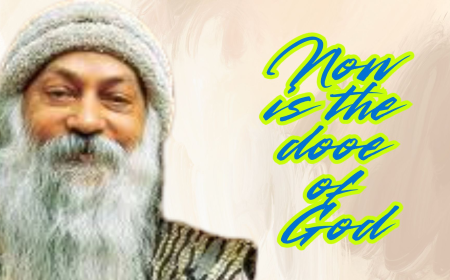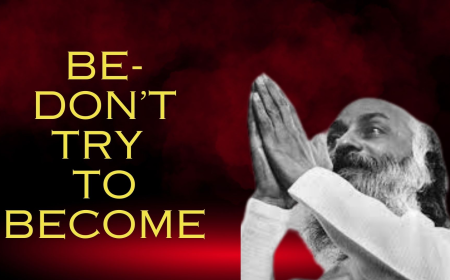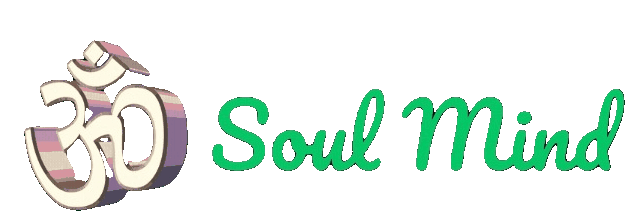Best Philosophy Books to Expand Your Mind
Discover how spirituality and science intertwine in the quest for ultimate truth. Explore ancient wisdom, quantum physics, and the mind’s role in shaping reality in this thought-provoking article.

Philosophy isn’t just about abstract theories—it’s a tool for questioning, analyzing, and understanding the world around us. Whether you’re a seasoned thinker, a curious explorer, or someone seeking new perspectives, these books will push your boundaries and inspire deeper reflection. Here’s a curated list of essential philosophy books everyone should explore at least once.
1. Meditations – Marcus Aurelius
Written by the Roman emperor Marcus Aurelius, this timeless work is a collection of personal reflections on self-discipline, resilience, and finding inner calm amidst life’s chaos. A cornerstone of Stoic philosophy, it’s a guide to living with purpose and integrity.
2. Beyond Good and Evil – Friedrich Nietzsche
Nietzsche’s provocative work challenges conventional morality and encourages readers to question societal norms. With bold ideas and sharp critiques, this book invites you to rethink concepts of good, evil, and human potential.
3. The Republic – Plato
A foundational text in Western philosophy, Plato’s The Republic delves into justice, governance, and the nature of an ideal society. The famous Allegory of the Cave will leave you questioning the nature of reality and perception.
4. Nicomachean Ethics – Aristotle
Aristotle’s exploration of ethics and virtue offers practical insights into living a fulfilling life. He emphasizes balance, moral character, and the pursuit of happiness as the keys to a meaningful existence.
5. Critique of Pure Reason – Immanuel Kant
Kant’s complex but groundbreaking work examines the nature of knowledge, perception, and reason. While challenging, it’s a transformative read for those interested in epistemology and metaphysics.
6. Being and Time – Martin Heidegger
A cornerstone of existentialist philosophy, Heidegger’s Being and Time delves into the nature of existence and what it means to “be.” Its depth and complexity make it a rewarding read for those seeking profound insights.
7. Thus Spoke Zarathustra – Friedrich Nietzsche
This poetic and philosophical novel introduces Nietzsche’s concept of the “Übermensch” (Superman) and explores themes of self-overcoming and the will to power. It’s a thought-provoking and imaginative work.
8. The Prince – Niccolò Machiavelli
Machiavelli’s controversial treatise on power and leadership is often misunderstood. The Prince offers a pragmatic, sometimes ruthless, perspective on politics and human ambition, making it a fascinating study of strategy and influence.
9. Simulacra and Simulation – Jean Baudrillard
Baudrillard’s exploration of reality, media, and symbolism questions whether what we perceive as real is merely an illusion. A cornerstone of postmodern philosophy, this book challenges our understanding of truth and representation.
10. A History of Western Philosophy – Bertrand Russell
For a comprehensive overview of Western thought, Russell’s book is an excellent choice. Witty, accessible, and insightful, it traces the evolution of philosophy from ancient Greece to modern times.
11. The Myth of Sisyphus – Albert Camus
Camus’ existentialist essay grapples with the concept of life’s absurdity. He argues that embracing the absurd and finding meaning in the struggle is the key to living authentically.
12. The Tao Te Ching – Lao Tzu
A foundational text of Taoism, The Tao Te Ching offers poetic wisdom on living in harmony with the natural order. Its meditative and timeless teachings inspire simplicity, balance, and inner peace.
13. Tractatus Logico-Philosophicus – Ludwig Wittgenstein
Wittgenstein’s concise and enigmatic work explores the relationship between language, logic, and reality. It’s a fascinating read for those interested in the limits of thought and expression.
14. The Structure of Scientific Revolutions – Thomas Kuhn
Kuhn’s revolutionary book introduces the concept of paradigm shifts, challenging the notion of linear scientific progress. It’s a must-read for anyone interested in the philosophy of science.
15. Man’s Search for Meaning – Viktor Frankl
Blending philosophy and psychology, Frankl’s powerful memoir and exploration of logotherapy argue that finding meaning in suffering is essential to human resilience. A deeply moving and inspiring work.
Final Thoughts
Philosophy is for everyone—it’s a journey of curiosity, reflection, and growth. Whether you’re drawn to ethics, existentialism, or political theory, these books offer profound insights and timeless wisdom. Which one will you pick up first.
What's Your Reaction?









